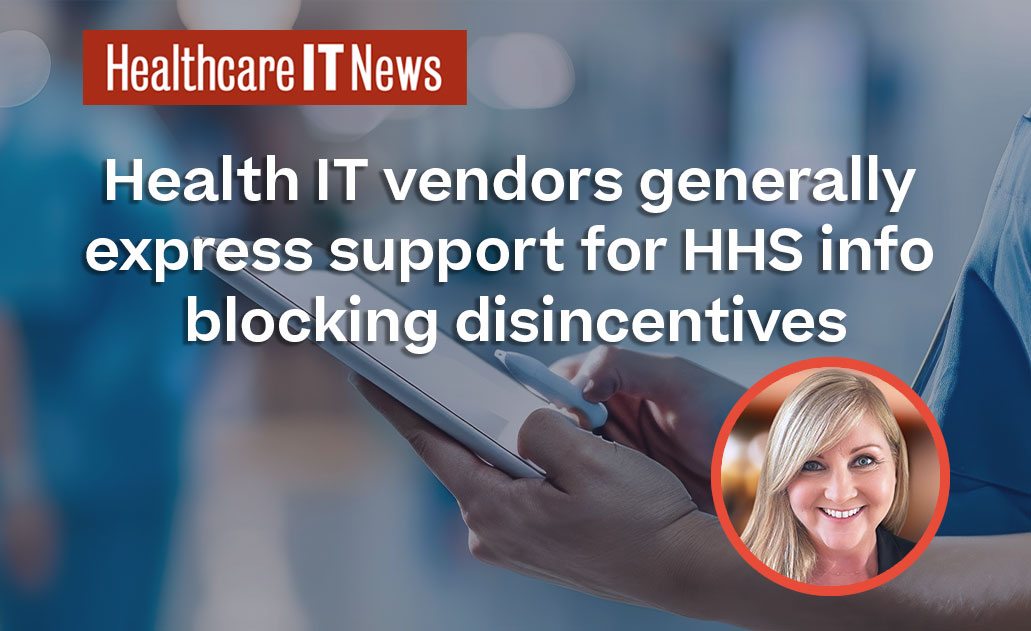When the U.S. Department of Health and Human Services this past week issued its final rule codifying the financial disincentives to be levied by its Office for Civil Rights against provider organizations found to have committed information blocking, reaction was swift and mostly dissatisfied from industry groups.
The point of such penalties, which could be significant for noncompliant health systems, is obviously to dissuade organizations from engaging in info blocking practices.
But hospitals and physician groups – echoing what they said about the proposed rules drafted this past fall – are complaining that the disincentives outlined in the June 24 final rule are “excessive” and may be counterproductive to the larger goal of value-based care.
As finalized, the new rules are “unnecessarily punitive penalties that will financially damage practices and negatively impact Medicare patients,” said the Medical Group Management Association this past week. For its part, the American Hospital Association said it is “highly concerned that the disincentive structure retained in the final rule is excessive, confusing and imbalanced.”
But others in the healthcare industry – admittedly, not the provider organizations bound by these rules – are taking a more optimistic view of what information blocking enforcement can do for patients. Healthcare IT News was sent several reactions to the final rule from leaders at a variety of technology companies whose tools are at work in healthcare settings. Here’s some of what they had to say.
‘Fundamental duty’
Sandra Johnson, senior vice president of client services at EHR developer CliniComp, said she hoped the final rule would pave the way toward more free-flowing data that could be aggregated and accessed for better patient care.
“What is required to handle all incoming data is technology designed to seamlessly integrate and present data from disparate sources, ensuring a holistic view of patient health,” she said. “By facilitating unrestricted access to electronic health information, we can advance coordinated and efficient care across the healthcare system.”

